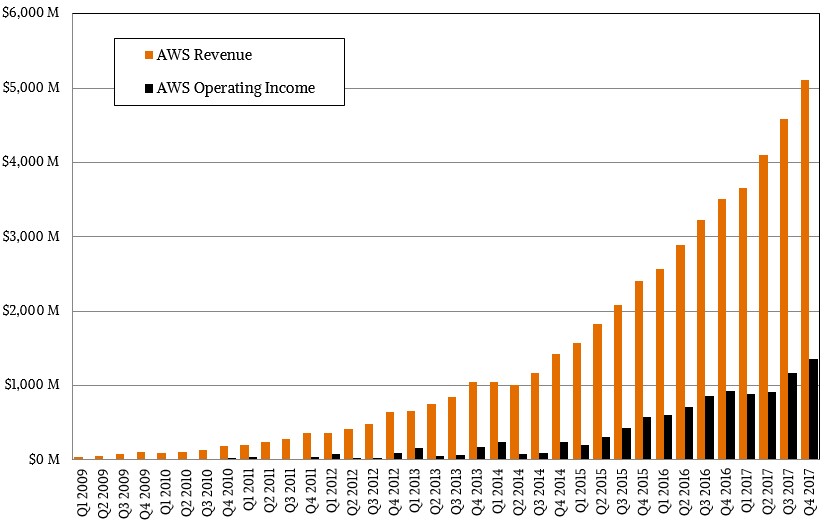Tbh, I couldn't make head or tails out of this statement
Hope someone else on the forum here can clarify
It appears that AMD may be exploring using AI-algorithms for their upscaling as well, as hinted by Mark Papermaster (AMD CTO):
https://videocardz.com/newz/amd-exec-hints-at-ai-powered-upscaling
View: https://www.youtube.com/watch?v=EtqTnLoiXUo&t=2142s
Hope someone else on the forum here can clarify
It appears that AMD may be exploring using AI-algorithms for their upscaling as well, as hinted by Mark Papermaster (AMD CTO):
As per Papermaster’s remarks, there’s a possibility that the company is considering integrating AI into the upscaling.2024 is a giant year for us because we spent so many years in our hardware and software capabilities for AI. We have just completed AI enabling our entire portfolio, so you know cloud, edge, PCs and our embedded devices and gaming devices. We are enabling our gaming devices to upscale using AI and 2024 is really a huge deployment year. So now the bedrocks there, the capabilities are there. I have talked to you about all the partners that. So 2024 is for us a huge deployment. […]
— Mark Papermaster, AMD CTO
https://videocardz.com/newz/amd-exec-hints-at-ai-powered-upscaling
View: https://www.youtube.com/watch?v=EtqTnLoiXUo&t=2142s
![[H]ard|Forum](/styles/hardforum/xenforo/logo_dark.png)
